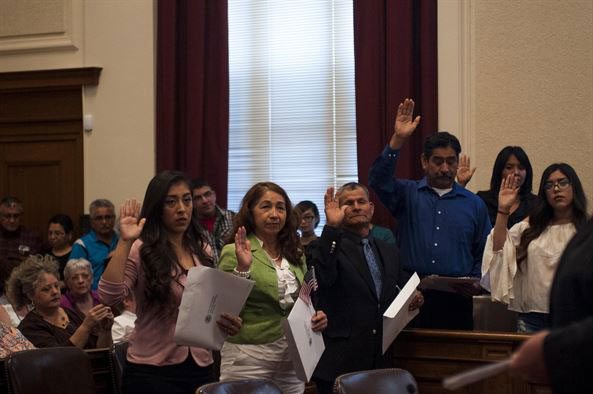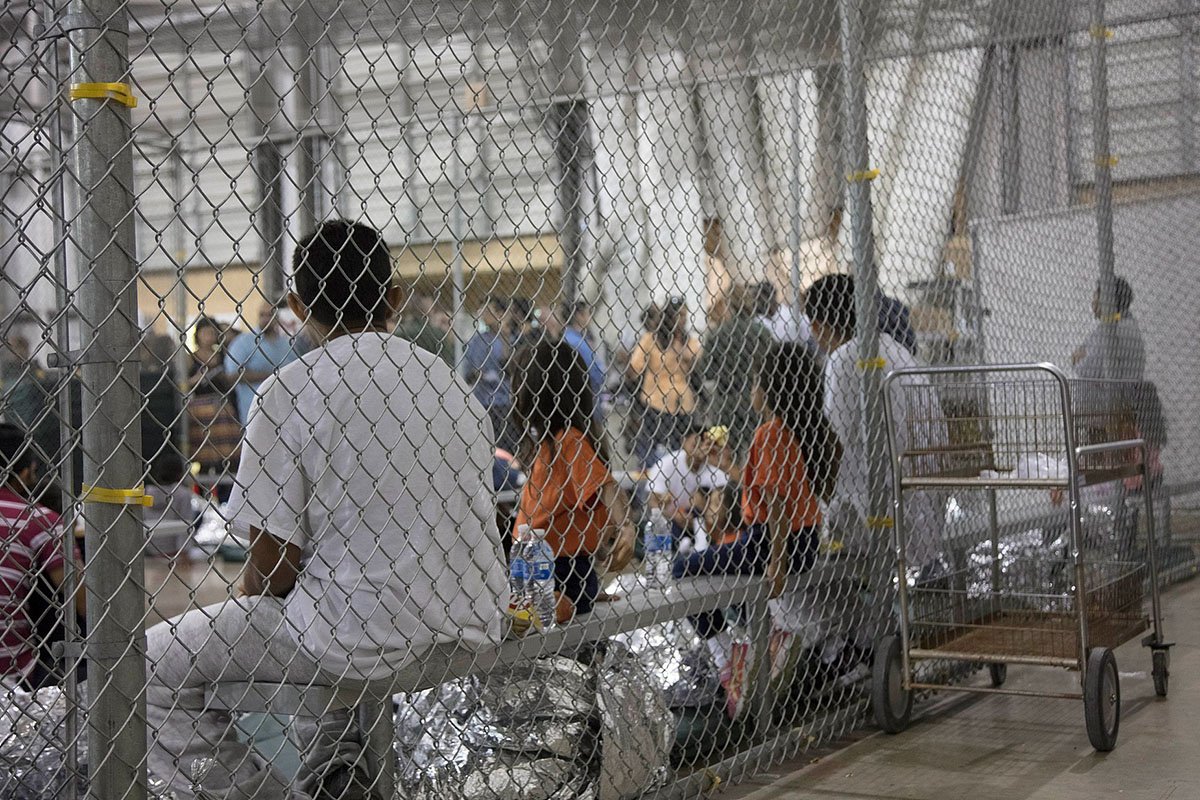
November 12th, 2017; NPR
The Vera Institute for Justice, a nonprofit committed to fairness and safety in our justice systems, has launched a new program that will expand the availability of legal counsel to people facing deportation. The Safety and Fairness for Everyone (SAFE) Cities Network supports 11 cities and counties committed to “well-being and rights of all residents.”
The SAFE Cities Network is a response to increased anti-immigrant rhetoric, along with a surge in arrests under the Trump administration. Since January 2017, arrests have increased from about 9,000 per month during the Obama administration to about 14,000 per month. In addition, the Trump administration has cast a wider net, arresting people who have no criminal records who are integrated into the fabric of communities across the country.
Eleven jurisdictions—Atlanta; Austin, Texas; Baltimore; Chicago; Columbus, Ohio; Dane County, Wisconsin; Oakland/Alameda County, California; Prince George’s County, Maryland; Sacramento, California; San Antonio, Texas; and Santa Ana, California—will participate in the program. Each of these communities is using public dollars to provide public defense lawyers for immigrants facing deportation hearings. The Vera Institute will provide matching funds, infrastructure support (i.e., training and technical assistance), and evaluation research to assess the program’s success.
Sign up for our free newsletters
Subscribe to NPQ's newsletters to have our top stories delivered directly to your inbox.
By signing up, you agree to our privacy policy and terms of use, and to receive messages from NPQ and our partners.
Studies show that legal representation in deportation hearings significantly improves the chances of remaining in the country. In 2015, the University of Pennsylvania Law Review published findings that showed a more than tenfold increase in successful hearings for immigrants with counsel as compared to those representing themselves.
Despite the Trump administration’s threat to withhold federal funds from jurisdictions that refuse cooperation with immigration enforcement officials, cities and states are continuing to do what they can to protect their residents. On November 7th, the citizens of Salem, Massachusetts voted on a ballot question that sought to overturn the city’s sanctuary ordinance, first passed by the City Council last March. In almost every precinct across the city, residents voted to keep the ordinance, which writes into law longstanding police department policies that bar discrimination based on immigration status. The local police chief reiterated several times throughout the campaign that the law keeps the community safer by ensuring residents who witness a crime or have an emergency can call local police and not fear that they will be asked about their immigration status.
On the state level, the Massachusetts legislature is considering the Safe Communities Act, which would bar local police from arresting or detaining anyone solely on the basis of their immigration status. California has already passed similar statewide sanctuary legislation, which will go into effect in 2018.—Karen Kahn











